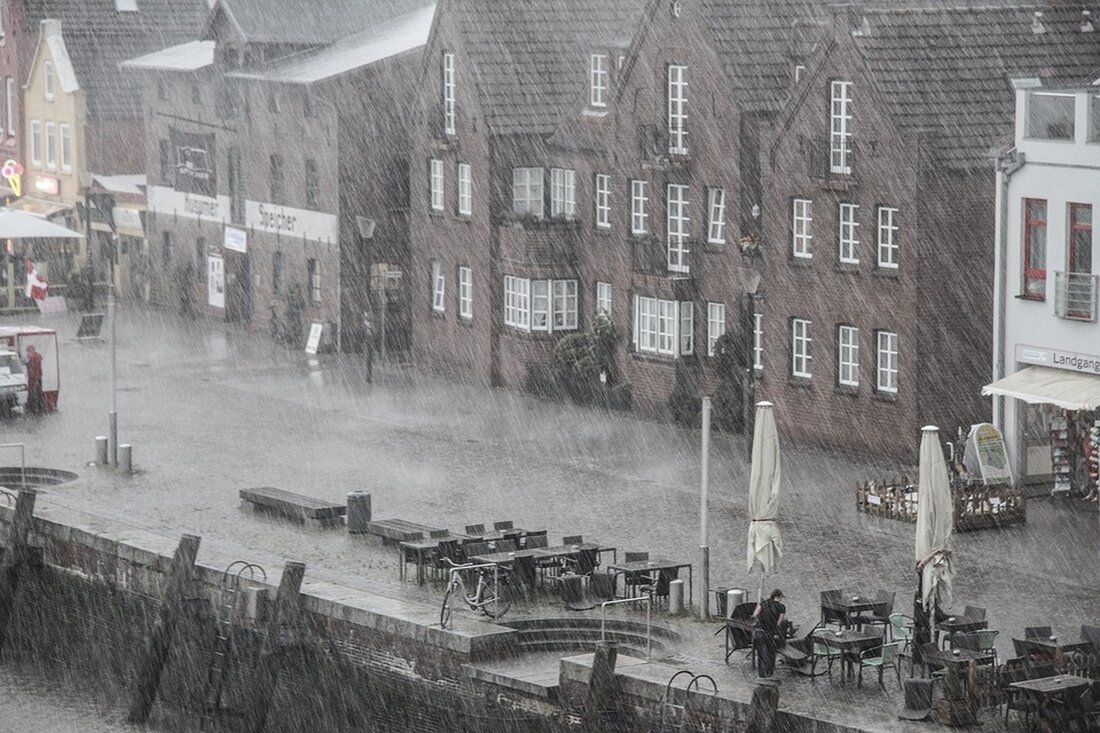Despite poor economic data: Esken sees a strong basis and calls for active economic policy
According to a report from www.tagesschau.de, SPD leader Saskia Esken has confirmed that the German economy has a strong foundation despite increasingly poor economic data. She calls for an “active economic policy” that “points in the right direction” and maintains the infrastructure, includes state investments and at the same time calls for investments from business. Esken also advocates for a reduction in VAT and emphasizes the importance of better wages to cushion rising prices. She supports a state-financed bridge electricity price for industrial companies, while Chancellor Olaf Scholz is opposed to it. The climate money agreed in the coalition agreement will only be paid out to citizens from 2025. In the area of…

Despite poor economic data: Esken sees a strong basis and calls for active economic policy
According to a report from www.tagesschau.de, SPD leader Saskia Esken has confirmed that the German economy has a strong foundation despite increasingly poor economic data. She calls for an “active economic policy” that “points in the right direction” and maintains the infrastructure, includes state investments and at the same time calls for investments from business. Esken also advocates for a reduction in VAT and emphasizes the importance of better wages to cushion rising prices. She supports a state-financed bridge electricity price for industrial companies, while Chancellor Olaf Scholz is opposed to it. The climate money agreed in the coalition agreement will only be paid out to citizens from 2025. In the area of climate policy, Esken would like to motivate the population and when it comes to political education, she hopes to be able to avert budget cuts. Esken is firmly against working with the AfD and does not rule out a ban on the AfD.
It is expected that Esken's calls for active economic policies and investment measures will have an impact on the market. Increased government infrastructure financing and investment could stimulate economic growth and create jobs. Reducing VAT could strengthen consumers' purchasing power and boost consumption. A state-financed bridge electricity price could support the energy transition and improve the competitiveness of industrial companies.
However, it should be noted that these measures may also entail financial burdens, particularly in relation to public debt. The implementation of extensive investment programs requires solid financing and a sustainable budget policy.
With regard to climate protection, the motivation of the population and possible government compensation payments could have an impact on the market. Increased demand for climate-friendly products and services could have a positive impact on companies that focus on sustainability.
However, it is unclear whether and to what extent Esken's demands and plans will actually be implemented. It depends on political decisions and negotiations whether and to what extent these measures can be implemented.
Source: According to a report from www.tagesschau.de
Read the source article at www.tagesschau.de

 Suche
Suche
 Mein Konto
Mein Konto
